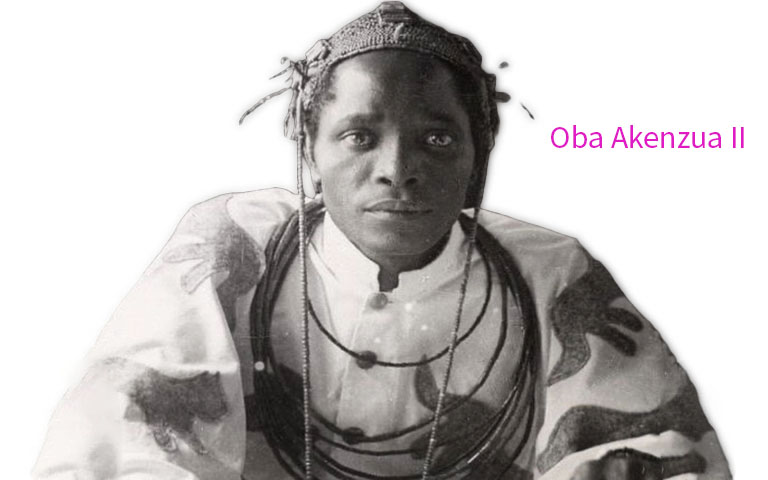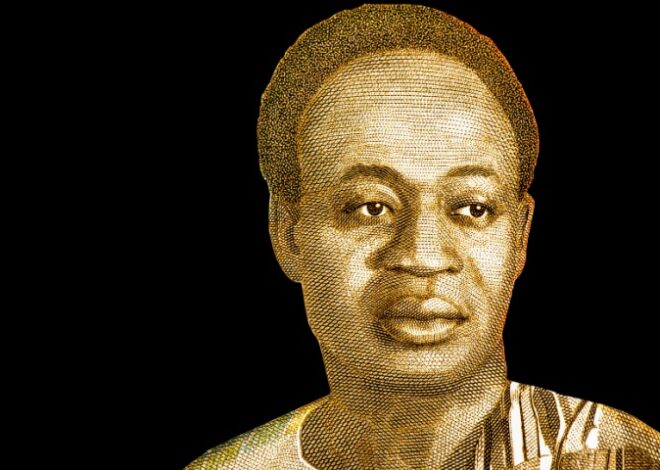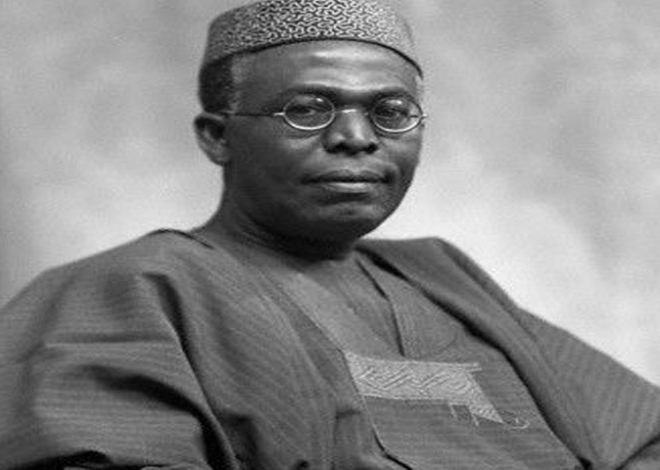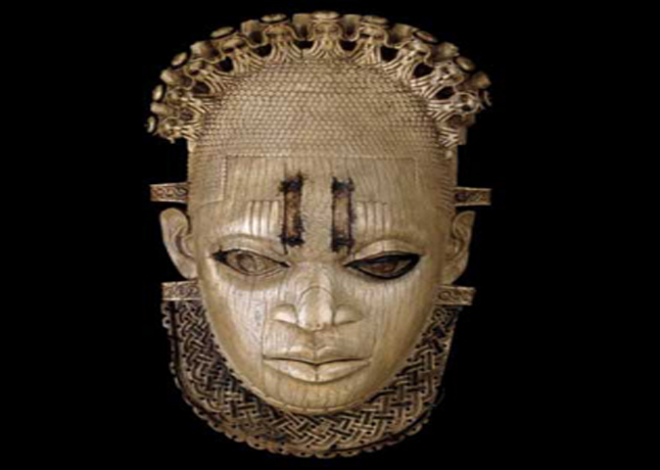
Exploring the Legacy of Oba Akenzua II
A Beacon of African Heritage
In the rich tapestry of African history, few figures shine as brightly as Oba Akenzua II of Benin. His reign, spanning from 1933 to 1978, represents a pivotal era in the history of the Benin Kingdom, a period marked by transformation, resilience, and the profound preservation of cultural heritage. This article delves into the life and legacy of Oba Akenzua II, exploring his contributions to the conservation of African traditions, his role in modernizing the Benin Kingdom, and his enduring impact on African culture.
The Historical Context: Benin Kingdom’s Evolution
To appreciate Oba Akenzua II’s significance, it is essential to understand the historical backdrop of the Benin Kingdom. Located in present-day southern Nigeria, the Benin Kingdom is one of Africa’s oldest and most sophisticated states, dating back over a thousand years. Renowned for its advanced political systems, rich artistic heritage, and complex social structure, Benin has long been a symbol of African cultural achievements.
The early 20th century profoundly changed the Benin Kingdom as colonial influences challenged traditional structures and practices. The British, who had established control over Nigeria, imposed new governance systems and sought to reshape indigenous institutions. It was against this backdrop that Oba Akenzua II came to the throne.
Ascension to the Throne: A New Era Begins
Oba Akenzua II ascended the throne in 1933, inheriting a kingdom grappling with the dual pressures of colonial rule and the internal need for modernization. His reign began when traditional institutions were under threat, and he faced the challenge of preserving the kingdom’s cultural identity while navigating the complexities of British colonial administration.
Champion of Tradition: Preserving Benin’s Cultural Heritage
One of Oba Akenzua II’s most significant achievements was his unwavering commitment to preserving and revitalizing Benin’s cultural heritage. He recognized the importance of maintaining traditional practices, arts, and ceremonies as a means of fostering national pride and unity.
Oba Akenzua II took proactive steps to protect Benin’s artistic heritage during his reign. He played a crucial role in safeguarding the Benin Bronzes, a collection of intricately crafted plaques and sculptures that are masterpieces of African art. The bronzes, which had been looted during the British punitive expedition of 1897, symbolized the kingdom’s rich artistic traditions. Oba Akenzua II worked tirelessly to ensure that these artifacts remained central to Benin’s cultural narrative.
In addition to his efforts with the Benin Bronzes, Oba Akenzua II championed the preservation of traditional ceremonies and festivals. Under his leadership, the annual Igue Festival, a major cultural event in Benin, was revitalized. This festival, which celebrates the end of the harvest and honors the ancestors, became a focal point for reinforcing cultural values and communal ties.
Modernization and Diplomacy: Balancing Tradition with Progress
While Oba Akenzua II was a staunch defender of traditional values, he was also a forward-thinking leader who understood the need for modernization. His reign was marked by efforts to modernize the kingdom’s infrastructure and improve the welfare of his people.
He advocated for educational advancement and the establishment of schools, recognizing that education was vital to empowering future generations. Under his leadership, Benin saw the development of new institutions that blended traditional knowledge with modern practices. This approach helped to bridge the gap between the old and the new, allowing the kingdom to adapt while maintaining its cultural integrity.
Diplomatically, Oba Akenzua II was adept at navigating the complexities of colonial rule. He engaged with British officials and other colonial authorities in a manner that sought to protect the interests of his people while securing essential resources and support for the kingdom. His diplomatic efforts were instrumental in preserving the autonomy of the Benin Kingdom in a time of significant external pressures.
A Lasting Legacy: The Impact of Oba Akenzua II
Oba Akenzua II’s legacy is a testament to his exceptional leadership and deep commitment to his people. His reign was a period of profound cultural renewal and modernization, reflecting his ability to harmonize tradition with progress. He left an indelible mark on the Benin Kingdom, influencing subsequent generations and shaping the kingdom’s identity in a rapidly changing world.
Oba Akenzua II’s impact is still felt today. The cultural institutions he championed, the festivals he revived, and the artistic treasures he preserved continue to be sources of pride and inspiration for the people of Benin and the broader African community. His leadership serves as a model of navigating the complexities of modernization while steadfastly upholding cultural heritage.
In conclusion, Oba Akenzua II is a beacon of African heritage and resilience. His life and reign embody the spirit of a kingdom that has endured centuries of change, maintaining its cultural richness and historical significance. As we reflect on his legacy, we are reminded of the enduring power of tradition and the importance of preserving our cultural identity in the face of external challenges. Oba Akenzua II’s story is not just a chapter in the history of the Benin Kingdom; it is a celebration of African heritage and an enduring symbol of leadership and vision.


